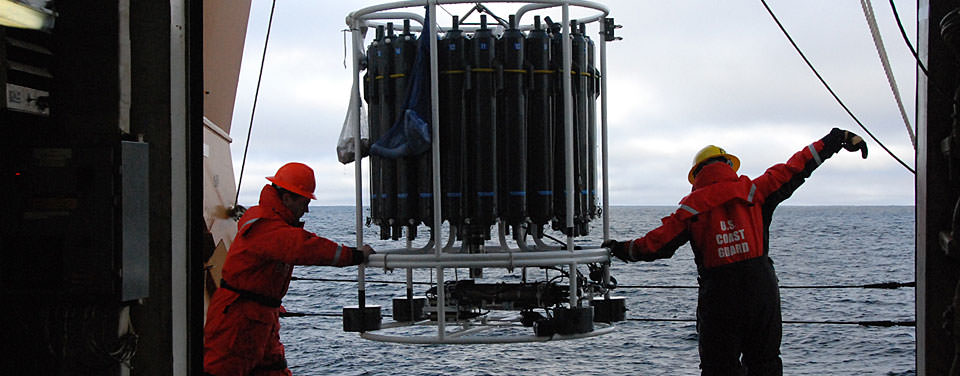
////////////////////////////////////////////////////////////////////////////////////////////////////////////////////////////////////////////
Drinking Seawater
Can humans drink seawater?
The National Ocean Service
Drinking seawater can be deadly to
humans.
Seawater contains salt. When
humans drink seawater, their cells are thus taking in water and salt.
While humans can safely ingest
small amounts of salt, the salt content in seawater is much higher than what
can be processed by the human body.
Additionally, when we consume
salt as part of our daily diets, we also drink liquids, which help to dilute
the salt and keep it at a healthy level.
Living cells do depend on
sodium chloride (salt) to maintain the body’s chemical balances and reactions;
however, too much sodium can be deadly.
Human
kidneys can only make urine that is less salty than salt water.
Therefore, to get rid of all
the excess salt taken in by drinking seawater, you have to urinate more water
than you drank.
Eventually, you die of
dehydration even as you become thirstier.
The
National Ocean Service provides data, tools, and services that support coastal
economies and their contribution to the national economy.
Our
mission is to provide science-based solutions through collaborative
partnerships to address evolving economic, environmental, and social pressures
on our ocean and coasts.
 |
One of the instruments scientists can use to
measure salinity is a CTD rosette, which measures the Conductivity (salinity),
Temperature, and Depth of the water column.
|

No comments:
Post a Comment